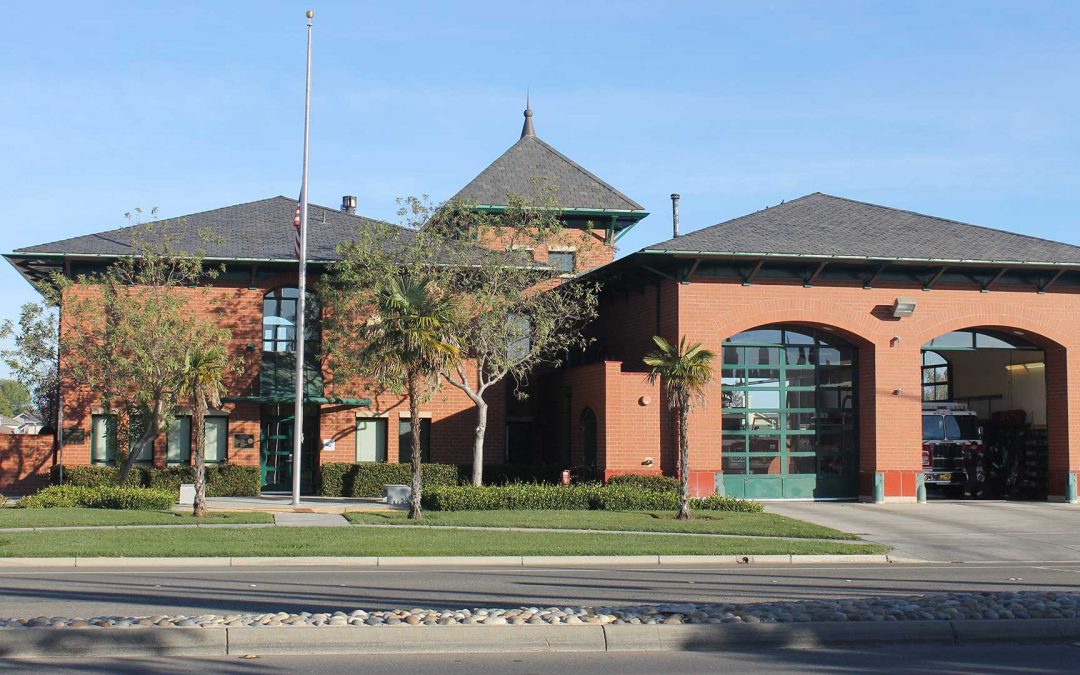Our fire station furniture is made in America and is exclusively crafted to be used in the fire service industry. When our furniture is crafted, we remove the flame retardants from foams to limit firefighter exposure to carcinogens. Some of the most common carcinogenic agents found in smoke include arsenic, asbestos, diesel, engine exhaust, soot, and formaldehyde. Arsenic has been linked to an increased risk for the development of lung, bladder and skin cancer. However, consumers are also at fault because consumer goods are increasingly made of synthetic materials and coatings. The carcinogens synthetic materials and coatings give off when they burn could be driving high cancer rates among firefighters. Our possessions make our lives cozy and convenient, but when they catch fire, they became fuel. Previously our homes were furnished with wood, cloth, metal, and glass. Today, our homes are furnished with plastics, foams, and coatings. All of these materials create toxic carcinogens when they burn.
However, not only when they burn but in everyday furniture there are harmful chemicals such as benzene that is found in furniture wax, formaldehyde in cleaning materials, hydrogen cyanide which is used when creating synthetic fibers, and stick and stain resistant coatings like Scotchgard and Teflon, in addition to the flame-retardants that are added to the foam inside the furniture. While in the past some flame retardants were phased out, they are just being replaced with something similar. In addition, all people are exposed to these household chemicals, but fires magnify this exposure for firefighters. To reduce firefighter’s cancer risk, they must remove their gear immediately after leaving a fire—firefighters walking around in turnout pants are only saved for the movies and tv shows.
While the research on firefighters’ increased risk of dying from cancer and heart attacks are evolving, it’s clearly agreed that limiting exposure is a prudent approach. Preventable measures and modifying risk is something that every firefighter should be concerned about.
All around the country, firefighters are being educated on strategies to prevent cancer, and the last place they should be exposed to these dangerous toxins is during their downtime. Don’t be fooled; we are the original fire station furniture company. We are a firefighter owned and operated business with over 75 years of combined firefighting experience in our family. We know how important it is to make reliable fire station furniture. Given the experience, we know and have seen firsthand the impact of exposure to carcinogens. That’s why we believe it is essential to create fire station furniture that is free from products that have potential health concerns.
1Smith AH, Hopenhayn-Rich C, Bates MN, et al. Cancer risks from arsenic in drinking water. Environmental Health Perspectives. 1992;97:259-267

